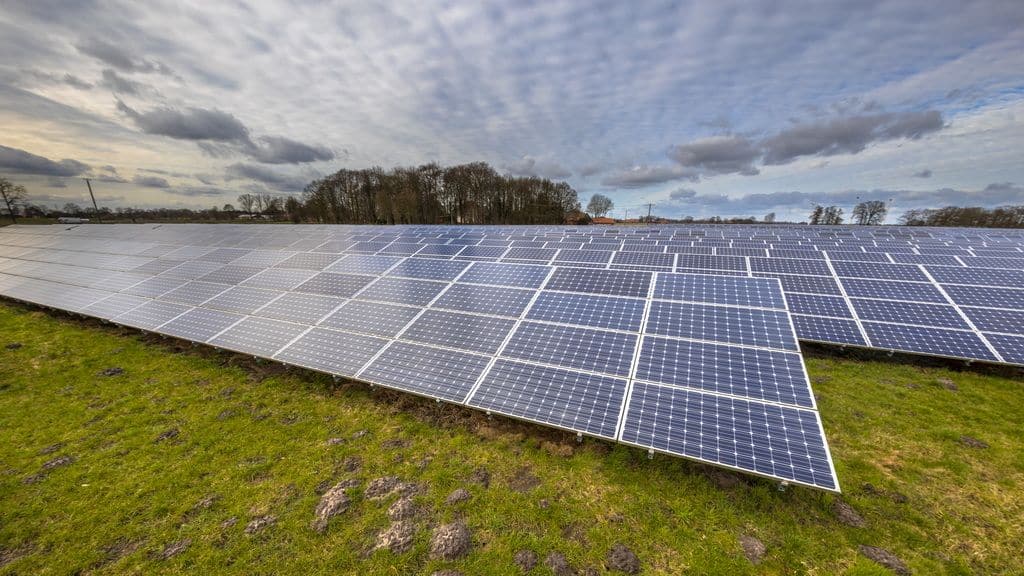Solar energy has become increasingly popular in recent years as people look for sustainable and cost-effective alternatives to traditional energy sources. While many people and companies have installed solar panels on their own homes, community solar programs provide another choice for people who want to use solar energy.
Community solar programs allow individuals and businesses to subscribe to a solar panel system that is located on the roof of a nearby building or in a nearby field. Participants in the program receive credits on their electricity bills, even if the solar panel system is not located on their own property, for the electricity generated.
One of the main benefits of community solar programs is that they allow people to still take advantage of solar energy even if they cannot install solar panels on their own property. This includes renters, people who live in apartments or condos, and homeowners with shaded roofs or other issues that prevent them from installing solar panels.
Community solar programs also offer a number of benefits for the community as a whole. By generating clean and renewable energy, community solar programs can help to reduce greenhouse gas emissions and combat climate change. Additionally, they can help to stimulate local economic development by creating jobs and supporting local businesses.
However, there are also some challenges associated with community solar programs. One of the main challenges is the need for suitable land or rooftop space to host the solar panel system. In addition, there may be regulatory and legal issues that need to be addressed, such as net metering policies and interconnection requirements.
Another challenge is the need for community engagement and education. Many people are still unfamiliar with the concept of community solar programs and may not understand how they work or how to participate. Effective outreach and education efforts are needed to ensure that community solar programs are accessible and beneficial to all members of the community.
Despite these challenges, community solar programs are becoming an increasingly popular option for individuals and businesses who want to take advantage of solar energy. According to the National Renewable Energy Laboratory, there are over 2,000 community solar power plants in the United States, and many more are being built.
In conclusion, community solar programs offer a unique and innovative way to bring solar energy to a larger number of people and businesses. By allowing individuals and businesses to subscribe to a solar panel system located off-site, community solar programs can provide access to solar energy for those who are unable to install solar panels on their own property, reduce greenhouse gas emissions, and support local economic development. While there are challenges associated with community solar programs, their potential benefits make them a promising option for the future of renewable energy.

